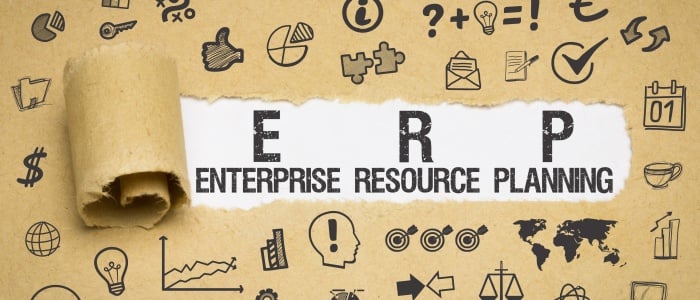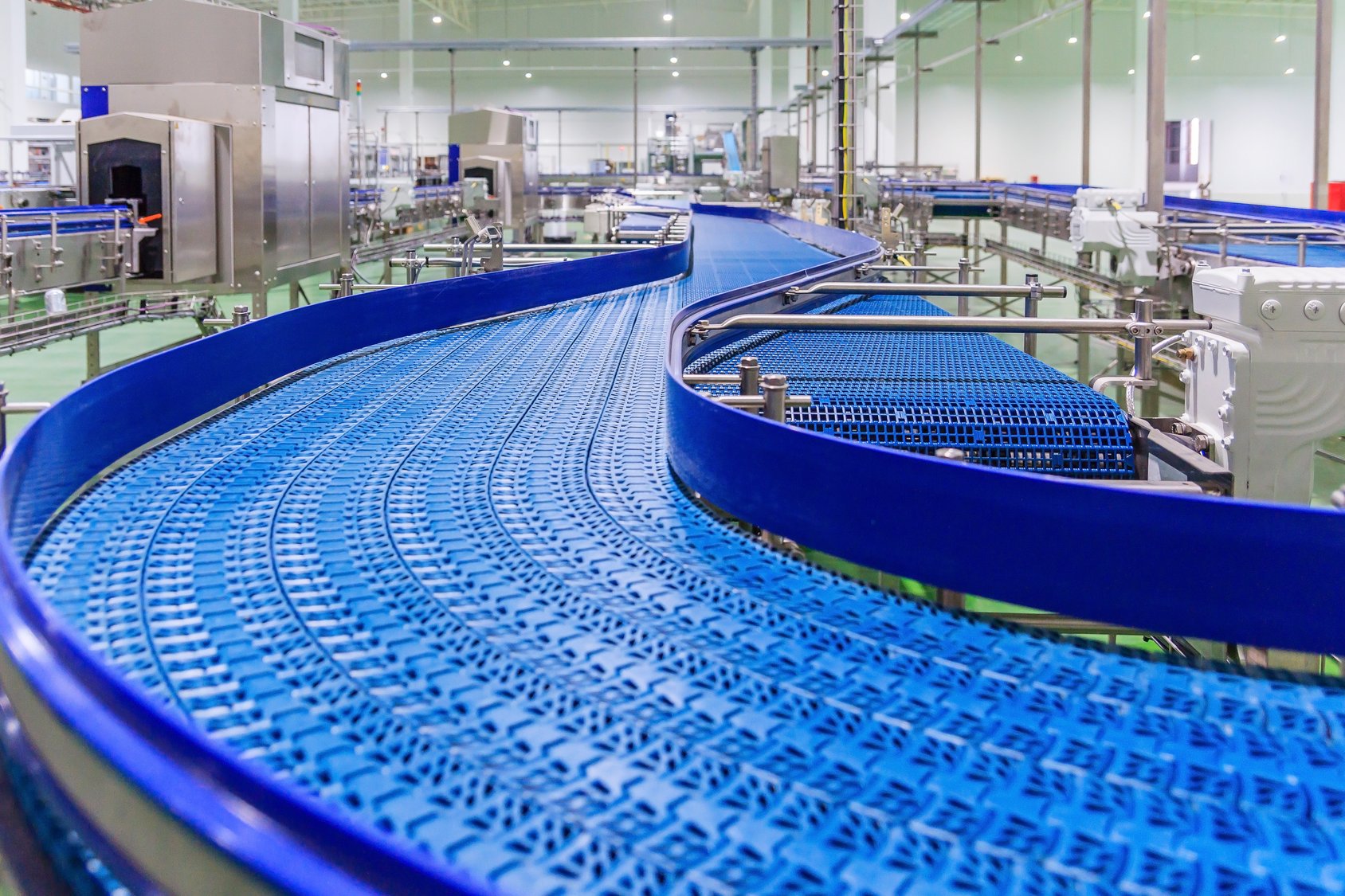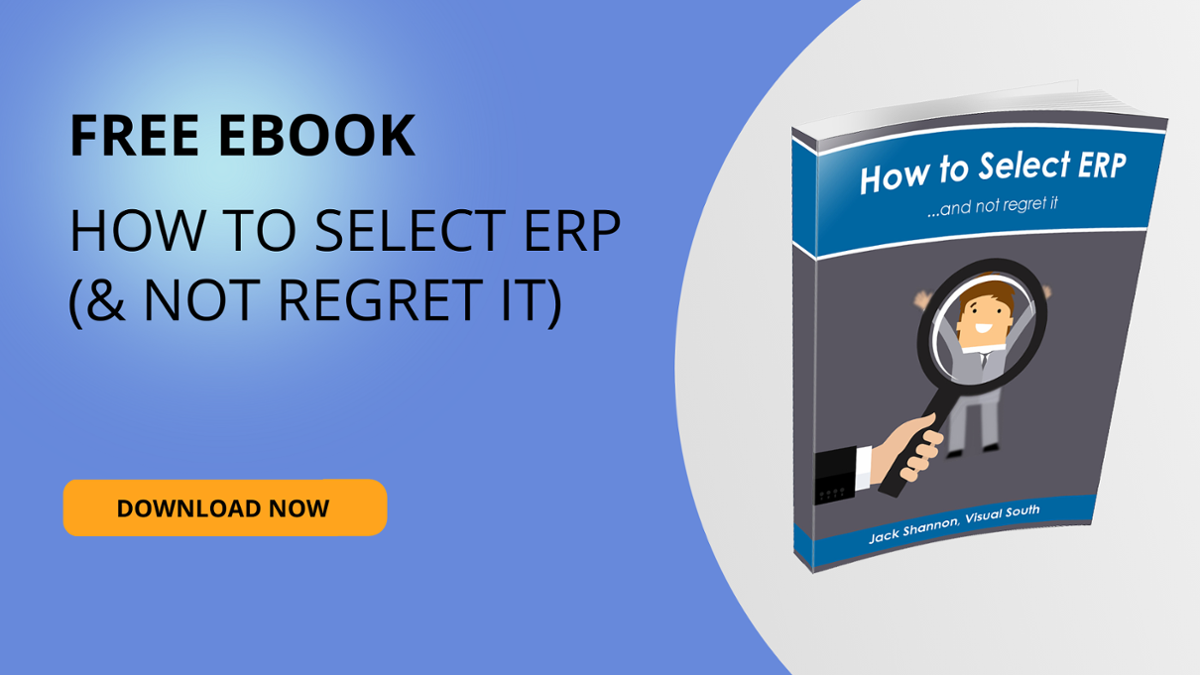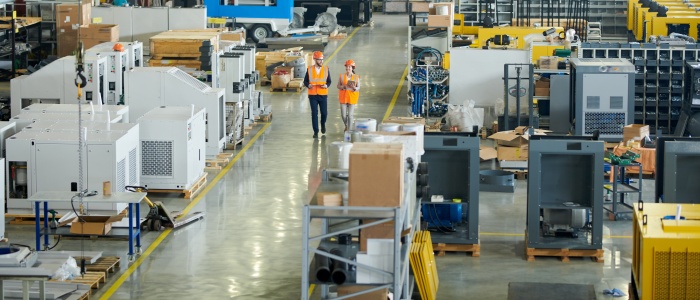 What is ERP?
What is ERP?
I have been in the ERP world for over 25 years—primarily in sales, but I’ve implemented ERP software for companies as well. My experience is largely in manufacturing environments, so that is the point of view from which I write this blog.
ERP systems have been around a long time, but when I tell someone what I do for a living, a lot of people don’t know what ERP is. So, let’s start with a definition: ERP stands for Enterprise Resource Planning, which refers to an organization’s business process management. In practical terms, ERP is typically the system of record at a company. It is “THE” system: the solution people use to do their jobs on a daily basis, the database repository for all of the information needed to run the business, and the engine that drives business processes and procedures in a company. In the manufacturing world, the processes an ERP system manages are typically:
- Financials
- Production
- Procurement
- Sales
- Inventory
- Engineering
- Quality
Related: Infor ERP: Everything You Need to Know
A single source of the truth, and much more
An ERP system is ideally the solution that runs the vast majority of business processes in the organization, which typically makes it the single source of the truth as opposed to disparate systems holding competing versions of the truth. Companies will typically define their processes and architect the ERP to support those processes, or they will accept the ERP software’s business processes as their own (if this is possible).
The ERP software typically has the largest functionality footprint in a company, and the largest number of users. Companies that deploy ERP software well, do not have to rely on numerous disparate solutions to drive processes, but may use different methods to mine the data contained in their ERP systems to support decision making.
Typical ERP software has a broad set of functionalities—a lot of “breadth,” if you will—but varying levels of “depth” in its functional areas. The reason being there are so many different types and sizes of companies, with very different needs. Some ERP systems are designed for small, emerging companies, and others are designed for more mature and complex companies. ERP systems can address these differences of size, complexity, industry, and so on.
See Infor Cloudsuite Industrial in action
See infor VISUAL in action
In conclusion
Don’t be afraid to educate yourself from a variety of sources on ERP systems. At Visual South, we have written numerous ERP-focused blogs that cover how to evaluate, buy, and implement it…and much more. Our company has hundreds of years of combined experience that we share via our blog, so check it out!
Most companies don’t evaluate ERP on a regular basis. If you are looking for an ERP system and not sure where to start, why don’t you talk to an expert who is not a salesperson? Click here to learn more about Bryan Foshee, and sign up for a free phone consultation to discuss your situation.








